How 11 people spoke truth to power in Sussex
Powerful and amazing things happen when people who want change come together.
We’ve seen that time and time again… and we’ve been reminded of that truth once more, thanks to a fantastic new project in Sussex.
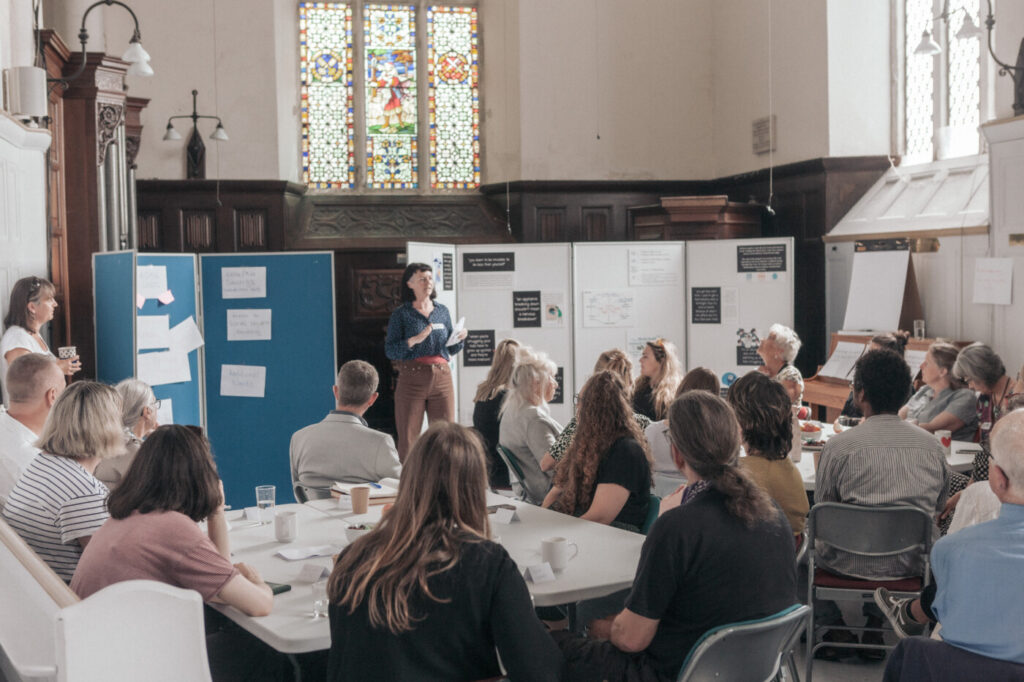
We know the cost of living scandal continues to harm our lowest-income communities, and in recent months, a group of residents of Lewes, East Sussex, have been coming together to see what they can do.
They’ve been discussing the impact on their lives, and looking at what changes could be made, in a project called Feeling the Pinch! Have Your Say. The work was coordinated by Lewes District Food Partnership (LDFP), and you can read the group’s report here.
This blog looks at the impact it had for people involved, and then some of the practicalities of how it operated.
We’ll hear directly from three people: Ruby, who helped set the group up, and two people who took part: Claire, and another participant who would prefer not to be named. We hope the blog will help other groups or communities minded to do similar work, and also do justice to the powerful work in Lewes.
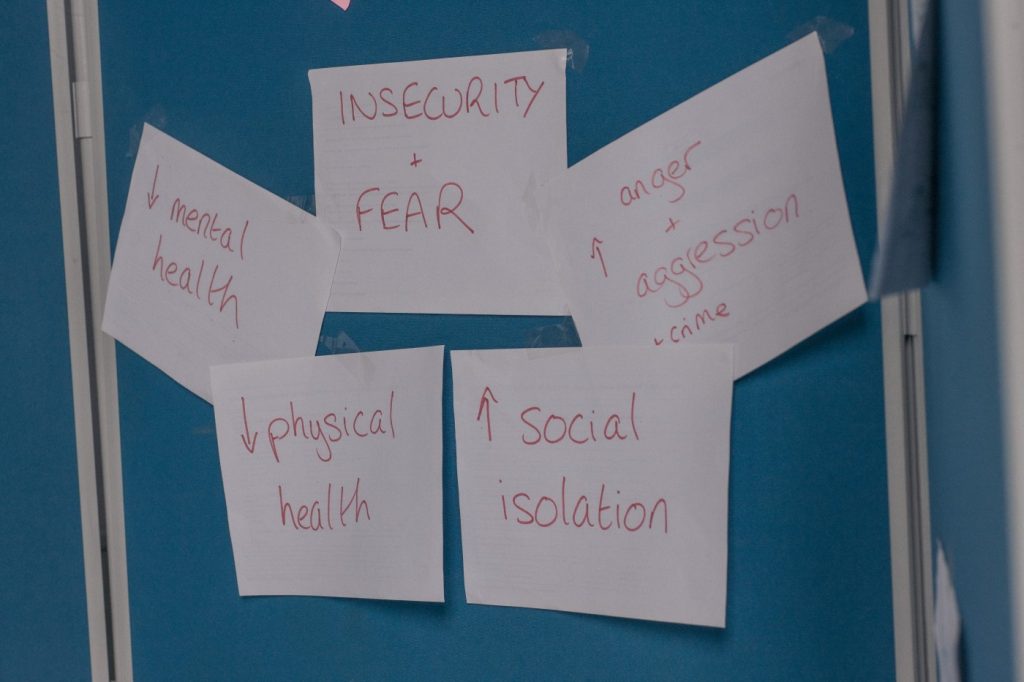
What happened?
Over two months, 11 local residents with experience of financial struggle met fortnightly for workshops. They jointly explored challenges they faced and ways they had found to survive. They then moved on to identify the systemic problems underlying their experiences, and to develop recommendations for change.
The project culminated in an ‘Inequality Truth Hearing’ bringing the panelists together with representatives from local councils, the voluntary and statutory sectors.
The result was a fascinating and powerful discussion, with lots of lively, respectful interaction and generation of ideas for practical next steps.
Let’s hear from participants: What was the appeal for you in taking part? How did it go? What did people talk about ,and what did you get from it?
Participant 1:
“I have really enjoyed it, getting to know other people and knowing you are not the only one in this situation.
“When more people talk about it, it means you can talk more openly. The shame is not there. It makes the community less isolated. We’ve met people we might not meet in everyday life, and I’ve enjoyed that.
“In Lewes, there are quite a lot of rich people but also hidden poor people. It’s nice to know you are not the only one.
“A common theme for a lot of people was that we were all carers. Being a carer for someone seems to be a significant reason for being in poverty, because you cannot earn.
“With the final session we had – It made them seem more human, the people in authority.”
Claire:
“I had picked up a leaflet at food bank, and was determined to attend and find out more, because I had had it up to my eyeballs with not being able to express how all this felt.
“Being able to talk about it is part of the solution. I did not tell many people in my friendship group that I was going to a food bank, but when I was doing the workshops I started telling people I attended a food bank and I was doing these workshops.
“It’s given me a lot to talk about and think about. People are surprised when their own circle is being affected. Nobody was expecting a solution, but we keep the conversation going.
“I found I was more relaxed with people experiencing the same issues. We were just all human beings, and didn’t have to keep explaining everything.
“For the final session, everybody that could come, came. We were very determined to finish this project, and there were wonderful people to meet and speak to. When the participants spoke, we came across as the authorities of our own lives, with our own opinions. It was a much better atmosphere. We did not have a bunch of professionals telling us what to think, or say, or do. I felt like an equal. People are usually either amazed about you, or speak down to you. The conversation has to change.
“I do not want it to finish here. We are speaking to more people interested in how it was set up.
“More and more, I feel like I am the community. I am this country. The people I meet; we are ‘the country’. There are not special people who are ‘the country’, but we are not hearing enough from so many people. We need to look down the telescope, because it’s my country, it’s my Lewes, it’s my life.
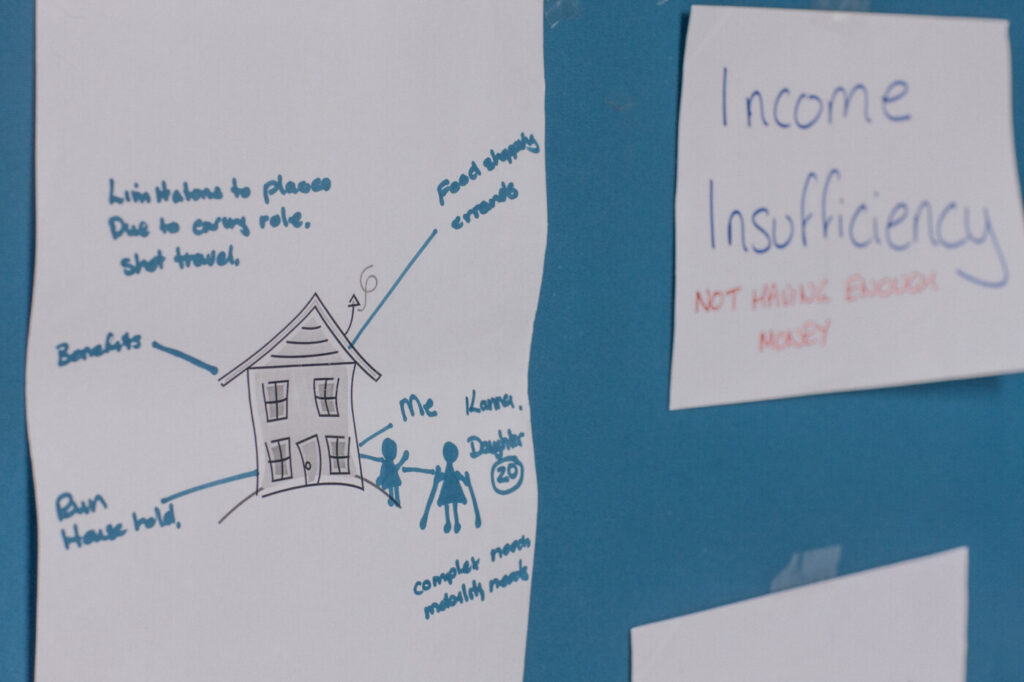
What happens next?
Ruby:
“We want to continue doing this work and expand it so we can allow it to become a natural part of how the council interacts with residents: authentic engagement, not just putting out requests for feedback – regular spaces for people to come together. We are engaging with the council and are fortunate that they want to see that embedded.
“Communities are suffering from the rising cost of living. Groups sprung up in covid and it was quite neighbourly, but with the cost of living it’s much more closed.”
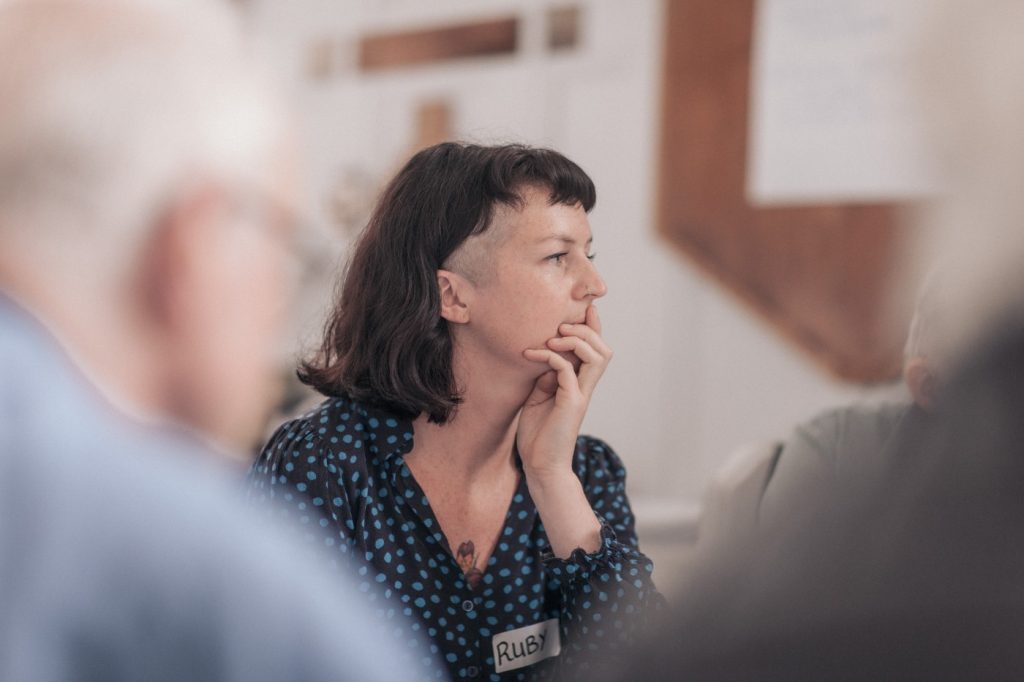
What advice would you give to other groups looking to do work like this?
Ruby:
“Be okay about not having the time or resources you might want. Things like Poverty Truth Commissions can be long projects with hundreds of thousands of pounds. We felt a bit overwhelmed, but we would say ‘go for it’.
“Make sure you talk to someone experienced around the ethics of it. We had Jane and sought advice. Don’t be overwhelmed and don’t think you have to do a huge thing. We prioritised having a clear, ethical guideline, and we are hoping to create a toolkit that other groups could use. If one project has done something really good, pass it on.
“We made sure it wasn’t a case of “tell me all the shocking things that have happened in your life”. It was very strength-based. It’s about what we bring to the table.
“We didn’t want to put anyone on the spot, so it felt very natural – just a group of people sharing their thoughts and experiences. There was no feeling that people had to prove why they were there. It’s all about being human beings, around the table, and building connections.”
Claire:
“I’m quite big on the ethics. There was an ethical framework. Also, we always had a proper lunch – and we were paid. Our time is as valuable as anyone else’s, and there’s a dignity and respect in that.
“Also there was nothing attached to it like faith or religion, or what you used to be. We were all together. There was nothing attached to what we had to do.”
Participant 1:
“Because I was brought up very poor, and there was a lot of shame, I just do not want other people to be like that, spending their whole lives in shame. Just take the shame away. I want to be involved because I really feel quite passionate about it. I just want to keep going. I want other people to be able to make their own communities and feel they’re not on their own.”
Background
Lewes District Food Partnership coordinated the project on behalf of the Emergency Food Network, which brings together different emergency and community food support projects across the district. Responding to network concerns about the lack of opportunity for ordinary people to share their experiences of financial hardship, the partnership successfully applied for a ‘participatory processes grant’ from national partners Sustainable Food Places which made the Feeling the Pinch project possible.
Lewes District Food Partnership work to connect communities and organisations to build better food systems for everyone. They are committed to including seldom heard voices in their movement to make Good Food for All a reality in Lewes District.
Ruby says:
“This work grew as an idea from the Emergency Food Network of foodbanks, community spaces and other projects that linked people with affordable or free food.
“People felt we were doing this work, but people were not being heard or asked their opinions. And it came from people saying they would like to see people’s stories amplified. We were fed up hearing people talk ‘on behalf’ of other people, especially politicians, and we were fed up hearing the same narratives around budgeting.
“Recruitment was a lot of me going out to talk to people and projects. I went to social groups and coffee mornings aimed at reducing isolation and various key community food projects. I work directly with a Lewes food bank so could talk to people directly here as well.
“The first session was getting to know each other and who lives in our household and what our situations were.
“We had four sessions together then a final truth hearing. The four sessions looked at who we are, what matters to us, what needs to change and what we would like to say to politicians locally. For the final session, 25 community participants came along, with councillors, community groups, housing officers and more. That was a good day.”
Next steps
Through the success of the Feeling the Pinch project, organisers have secured funding to expand the project as part of a collaboration that brings together local and national food justice and support charities, networks and local authorities. The new ‘Pinch Points’ project, due to start in May, will host multiple, place-based work-shops that feed into a district-wide panel of experts by experience.
The Feeling the Pinch project is already having an impact in Lewes District. Responding to the project, Lewes District Council have committed to increasing opportunities for meaningful participation, recognising the expertise of residents with lived experience and moving towards more transparent, compassionate interactions with residents. They are currently working on a cost-of-living action plan that places Feeling the Pinch recommendations at its core.
Different types of organisations are also recognising the value of including resident experiences and recommendations in their work. For example, organisers are working with developers Human Nature and the Food Foundation on a Health and Food Strategy for a new housing development in Lewes.
Organisers hope to widen this influence through creative communications, for example, displaying the exhibition materials in public places.
Church Action on Poverty’s role
Church Action on Poverty launched the Speaking Truth To Power programme in 2022, supporting people with first-hand experience of poverty to become more effective advocates for change. Participants share skills and ideas with one another, and identify issues and possible actions together.
There’s a national panel and also local groups in Liverpool and Southwark, and we’ve been keen to support the roll-out elsewhere. So, when LDFP expressed interest in doing a like-minded piece of work, we were delighted. A couple of members of Church Action on Poverty’s staff team have provided some practical guidance at points during the process.


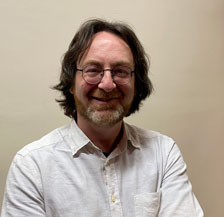
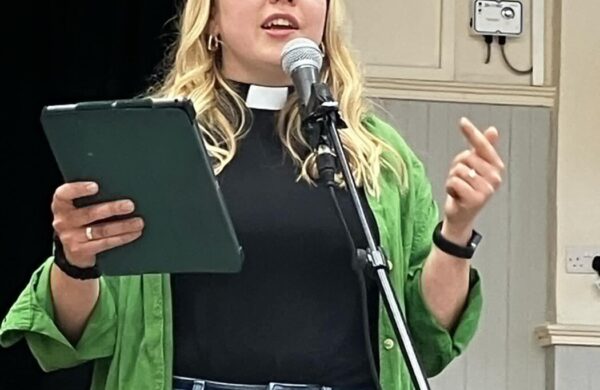
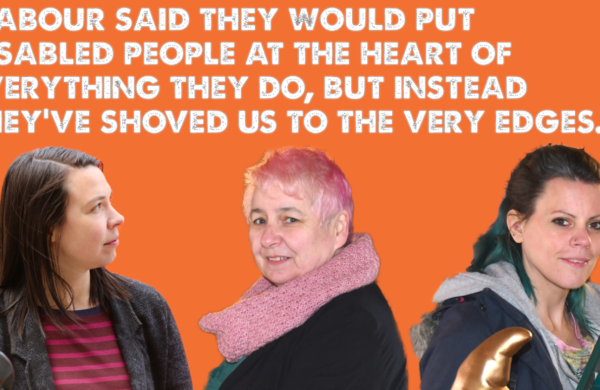
Comments (04)
Comments are closed.